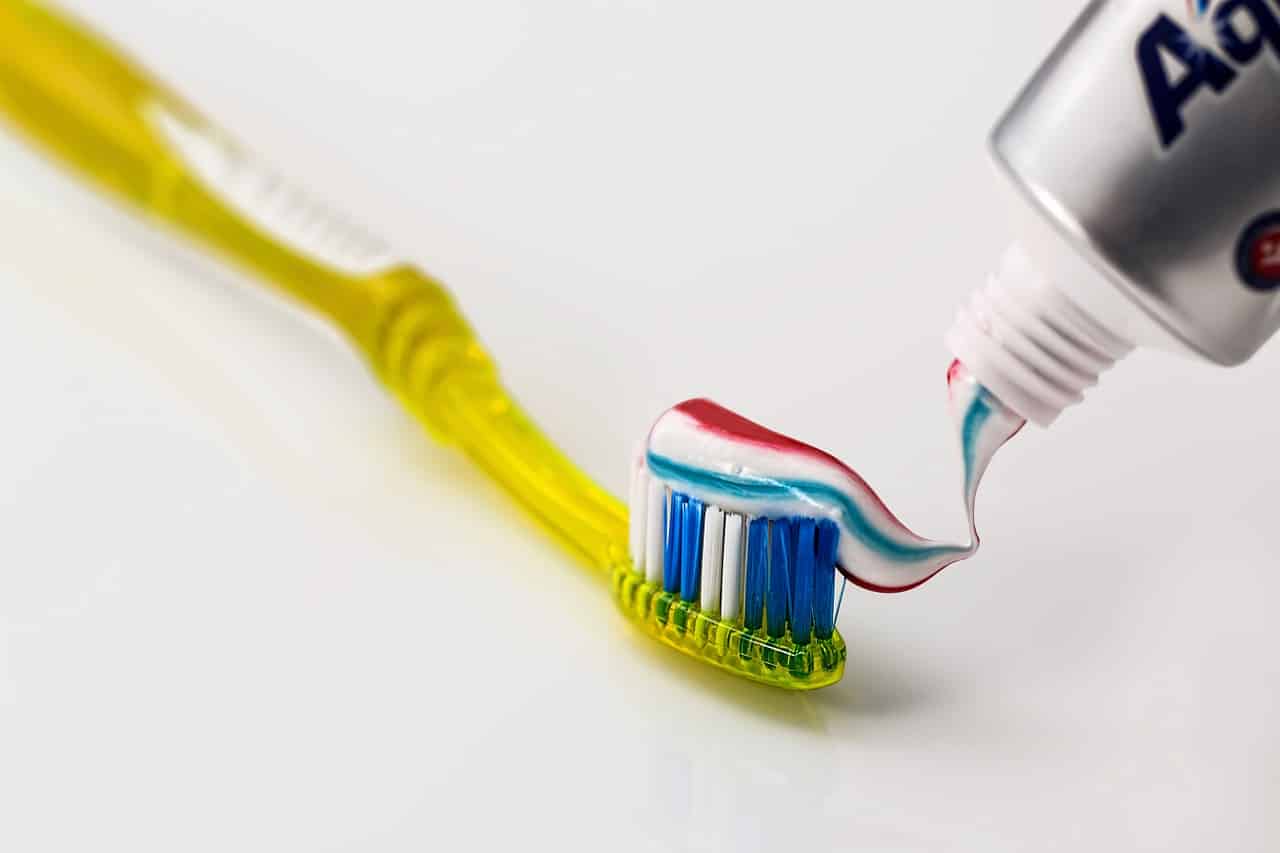Brushing Your Teeth
There are a lot of myths surrounding how to brush one’s teeth, but fortunately, dentists have reached a general consensus regarding the length of time tooth brushing should last: Two full minutes. This duration of time is for brushing alone; flossing and rinsing with a fluoride-containing mouthwash will take additional time, and should be carried out directly after brushing has been completed. Flossing is, according to dental experts, every bit as important as brushing, and so it should be factored into the brushing process as a whole rather than being treated as an accessory to it.
You should spend between one and one and a half minutes on each set of teeth—upper and lower. If you have difficulty keeping track of how long you have been brushing for, consider using a timer (if you don’t want to purchase a timer to place in your bathroom, try getting a timer app for your smartphone and using that instead). Parents should observe younger children while they are brushing as small children often grow impatient and cease brushing long before two full minutes have passed.
Brushing for at least two full minutes is extremely important as brushing for too short a time can leave plaque behind, and over time, this plaque can build up, forming tartar and often leading to gum diseases such as gingivitis or periodontitis. Contrary to popular belief, it’s nearly impossible to brush “too much”; longer brushing sessions are generally better, and instead what needs to be avoided is brushing too hard. Applying too much pressure while brushing can remove enamel (the hard surface which protects teeth from damage and decay) and irritate gum tissue. If you (or your children) have a hard time brushing gently enough, try brushing with your non-dominant hand; doing so will help you to gauge the appropriate amount of force to apply with your dominant hand.

